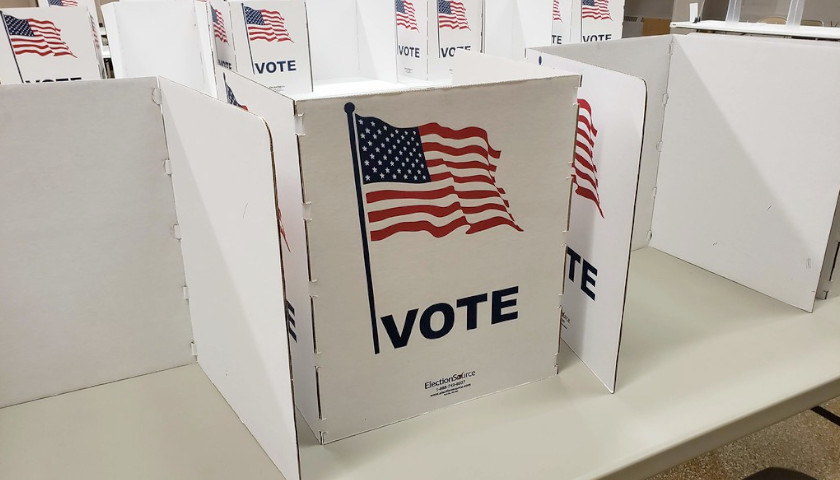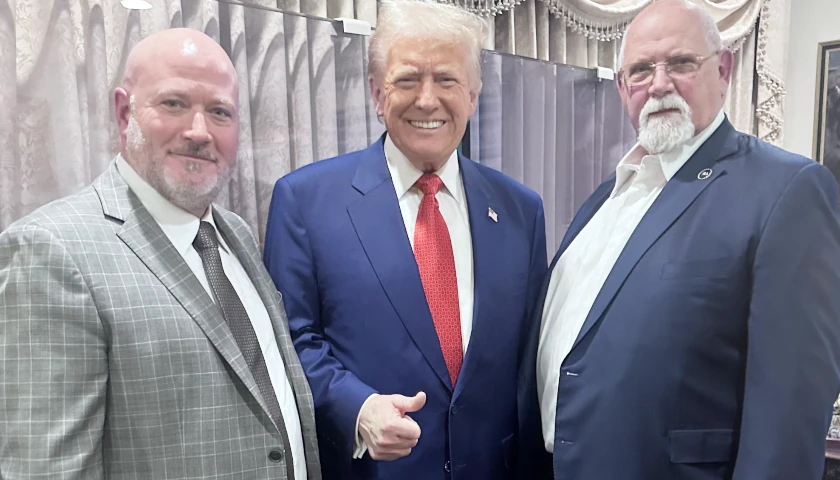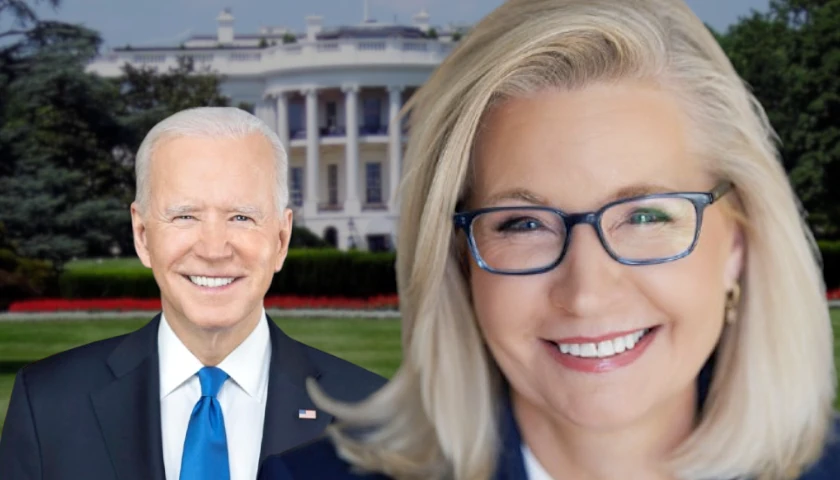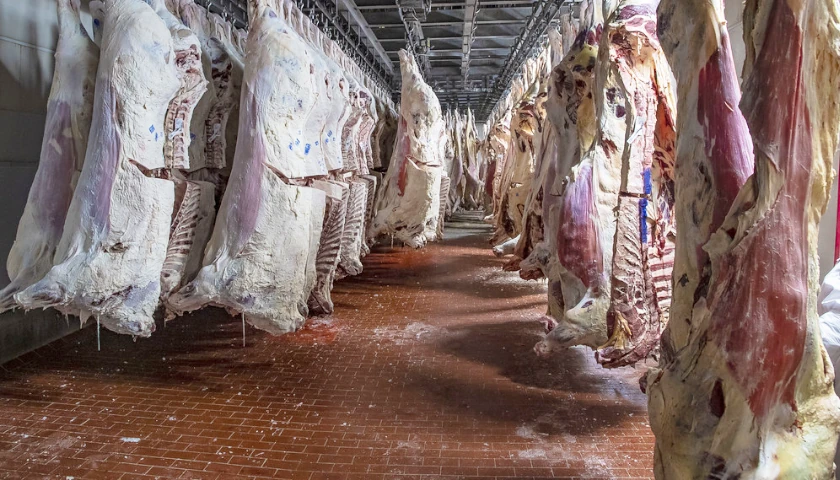The League of Women Voters – Tennessee (LWVTN) filed a federal lawsuit challenging the legality of a new law that requires Tennessee primary voters to be affiliated with the political party whose primary elections they plan to vote in, according to a Wednesday news release.
“The League of Women Voters of Tennessee and Tennessee voters Victor Ashe and Phil Lawson filed a federal lawsuit today challenging state laws that require voters to be ‘bona fide’ members of a political party to vote in the state’s open primary elections,” the release says.
The LWVTN lawsuit hinges on the definition of “bona fide,” as the group says there is no way to define that term. The group also says the new law could “create confusion and intimidation.”
The law in question is 2023’s HB0828, which took effect on May 17.
HB0828 “requires the officer of elections at each polling place to post a sign on election day informing voters that it is against the law to vote in a political party’s primary without being a bona fide member of or affiliated with that political party, or to declare allegiance to that party without the intent to affiliate with that party,” according to its summary.
The law’s intent is to prevent vast swaths of Democrats from banding together to vote for a preferred Republican primary candidate, or vice versa. It was passed along party lines in the Republican-controlled General Assembly but without major controversy.
“This new law will have a chilling effect on Tennesseans exercising their right to vote and creates unnecessary confusion for voters,” said Debby Gould, president of the LWVTN. “The League of Women Voters will continue to fight to ensure that all voters are empowered at the ballot box and can feel confident in their right to vote.”
Many states require voters to prove association with the party of the primary candidates they intend to vote for, called a “closed primary.” Those states include Florida, Pennsylvania, New York and Delaware, among others.
“In general, a voter seeking to vote in a closed primary must first be a registered party member,” the National Conference of State Legislatures (NCSL) explains. “Typically, the voter affiliates with a party on his or her voter registration application. This system deters “cross-over” voting by members of other parties. Independent or unaffiliated voters, by definition, are excluded from participating in the party nomination contests. This system generally contributes to a strong party organization.”
According to NCSL, other states have “partially closed” primaries, in which “state law permits political parties to choose whether to allow unaffiliated voters or voters not registered with the party to participate in their nominating contests before each election cycle,” or “partially opened” primaries, in which voters must “must publicly declare their ballot choice or their ballot selection may be regarded as a form of registration with the corresponding party.”
Tennessee is an “open primary” state, which typically means that voters do not have to register with a political party to vote for that party in a primary election.
– – –
Pete D’Abrosca is a reporter at The Tennessee Star and The Star News Network. Follow Pete on Twitter/X.
Photo “Voting Booths” by Corey Seeman. CC BY-NC-SA 2.0.








